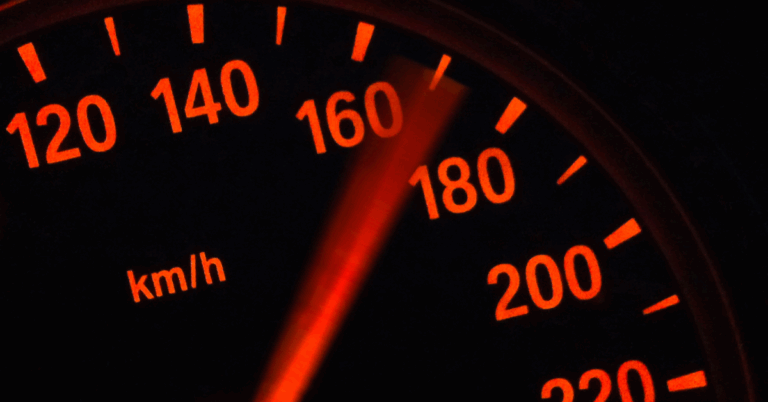UPDATE 6/24/24 The governor vetoed HB317 on 6/21/24. Therefore, this will not become a law.
Are you frustrated by motorists hogging the left lane? The Florida Legislature might be on your side with a proposed legislation to prohibit this habit.
Introduced by Rep. Jenna Persons-Mulicka, R-Fort Myers, HB 317, branded as the Interstate Safety, intends to impose penalties on drivers who occupy the left-most lane on highways with a minimum speed limit of 65 mph for reasons other than overtaking, barring certain exceptions.
Persons-Mulicka voiced her concern regarding drivers who obstruct traffic movement by persistently staying in the left lane. “This practice heightens unpredictability on the roads, leads to increased encounters, excessive lane changing, and subsequently opens possibilities for accidents,” she said.
Recently, the Transportation & Modals subcommittee approved the bill. It’s now the responsibility of the Infrastructure Strategies committee. Meanwhile, a counter-part Senate bill, SB 258, put forth by Sen. Keith Perry, R-District 9, of Gainesville, is currently under review by the Transportation, Criminal Justice and Rules committees in anticipation of the 2024 legislative session, slated to commence on Jan. 9.
Understanding HB 317
The upcoming legislation would restrict drivers from using the left-most lane of a roadway with two or more lanes maintaining a speed limit of 65 mph or higher, except under specific circumstances:
- When the driver is attempting to overtake and pass another vehicle,
- When the driver is preparing to exit the highway or road, or
- When directed by a law enforcement officer or an official traffic control device.
This proposed law would not apply to emergency, maintenance, or construction vehicles. Additionally, it would still permit drivers to use the left lane to maneuver around obstructions on the road.
What if the left lane is marked for high-occupancy (HOV) use?
The furthest-left lane refers to the one immediately to the right of a high-occupancy vehicle (HOV) lane or a specific turn lane, if such lanes are present.
How much could you be fined if the bill passes?
The bill would set non-criminal moving violation fines of up to $158.
When will the proposed ‘no-driving-in-the-left-lane’ law be enforced in Florida?
January 1, 2025.
This sounds familair… Has this been tried before?
There was no shortage of attempts to pass similar bills during the Florida Legislature’s 2023 session. However, none were successful in making it through the Senate or the House.
Senate analysis from the previous year revealed concerns that the suggested regulation might muddle motorists’ understanding of the existing “Move Over Act,” a law that mandates drivers to change lanes when feasible or decelerate in the presence of halted law-enforcement, emergency, sanitation, utility vehicles, and tow trucks.
Changes were made to the “Move Over Act” this year to cover stopped or malfunctioning vehicles, with the adjustment becoming effective on January 1, 2024.
Is it legal to drive in the left lane in Florida now?
It’s not about who is driving the quickest, it’s about adhering to the laws.
According to the Florida Statute 316.081, drivers are mandated to shift out of the left lane when a vehicle moving at a faster speed approaches from behind. Failing to comply with this law will result in a noncriminal moving violation. However, this doesn’t restrict drivers from leisurely driving in the left lane when no such situation arises.
Do other states have left-lane or ‘keep right’ driving laws?
There are restrictions pertaining to left-lane driving in all states, but specifics can vary. These rules generally involve maintaining a certain speed relative to other drivers, stepping aside for faster vehicles, and preventing traffic congestion. However, it is specifically important to note that in states like Illinois, Kansas, Kentucky, Louisiana, Maine, Massachusetts, New Jersey, and West Virginia, left-lane driving is strictly permitted only when one needs to turn left or overtake, as stated by a popular insurance site..



